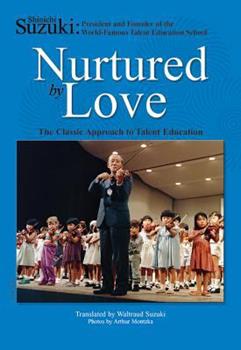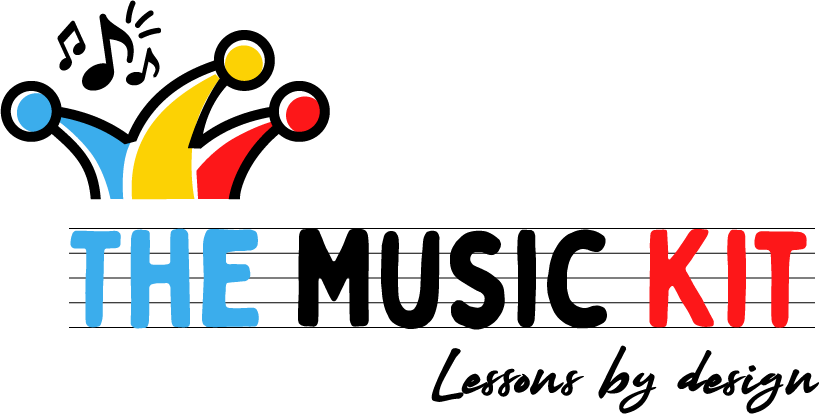Getting Started in Suzuki Piano
1. Call Kit for a free consult about the program and philosophy.
2. Begin playing the Suzuki Piano (or violin) School Book One CD at home. (A good source is www.young-musicians.com)
3. Read Nurtured By Love, by Dr. Shinichi Suzuki.
This short book describes how Dr. Suzuki came upon this method of teaching children in a very natural way; the teacher may have a copy for you to borrow.
 3. Read Nurtured By Love, by Dr. Shinichi Suzuki.
3. Read Nurtured By Love, by Dr. Shinichi Suzuki.
This short book describes how Dr. Suzuki came upon this method of teaching children in a very natural way; the teacher may have a copy for you to borrow.
4. Visit classes/observe lessons.
It is recommended that you and your child visit for at least one lesson before enrolling in Suzuki Piano Study. Observe other students’ lessons with your child before and as you begin your own. Watching others learn not only inspires children to want to do the same thing, but they will pick up information of all kinds from the student’s lesson they are watching. Sometimes it’s easier to learn when you’re not in the hot seat, and then children can go home and try a new skill without having been told what to do.
5. Be sure your piano is tuned.
An acoustic or digital piano is required for students enrolled at TheMusicKit. While electronic keyboards have many amazing features, students need to practice with a quality instrument to learn how to create good tone. Families should acquire the best acoustic or digital piano they can afford; we are happy to help enrolled families locate very reasonably priced instruments. We have seen some high quality pianos available for free in recent months, and some very reasonably priced digital pianos are available at local music stores and online.
6. Acquire appropriate adjustable seating equipment at home.
The adjustable bench and footrest are necessary to ensure healthy playing posture and development of good tone, both of which will enable lifetime enjoyment of piano playing for your child.
7. Play your Suzuki CD(s) daily at home and in the car (if applicable) for as long and often as possible.
Children absorb more from “passive” listening than adults can ever realize. Also, encourage active listening (occasionally following along with your method book) and daily practice for those students studying piano. Remember that what you as the parent care about will also become important to your young child. You can foster interest in music in your child—if you are enthusiastically involved in music, they will be, too! Have an extra CD for the car, grandma’s house, the living room, bedroom… Sometimes play your child’s newest song and current song on repeat for an hour, and see how quickly AND well he/she learns it!
8. Attend concerts, recitals, and other venues where good music is performed, including online resources.
While classical piano performances will be most inspiring to piano students of all ages and should be sought out for those students, all quality musical performances of all genres will nurture the love for music most parents want their children (and themselves!) to enjoy. Make attendance at musical events a priority—it counts as both educational and leisure time! -Enjoy concerts of professional performances. Taking your child to see the best performers shows them what’s possible. Even if very young children fall asleep during the concert, they still learn what happens at a concert and hear much of the music as they sleep!
9. Use practice charts.
Sometimes a visual aid can help one accomplish a goal. Keep a practice notebook wherein you can record practice assignments, useful wording from your teacher, and questions to ask at the next lesson. Refer to your notes every day before and during your home practice sessions.
